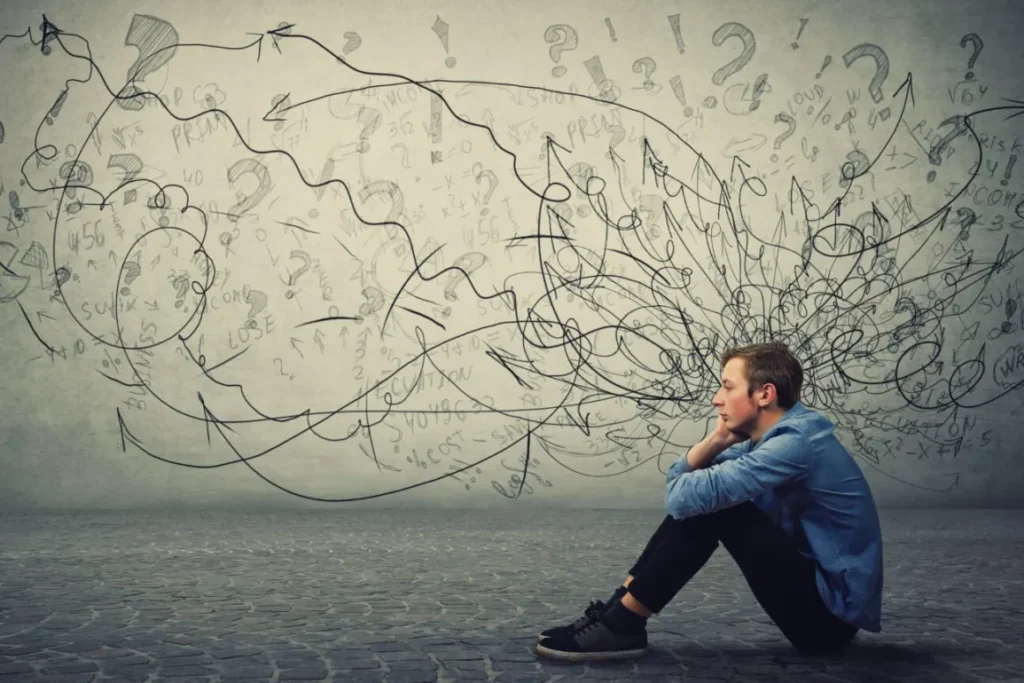Stress and Mental Health in Africa: Breaking the Silence

Mental health is one of the most overlooked aspects of wellbeing in Africa. While conversations about malaria, HIV, and diabetes are common, few people openly talk about stress, anxiety, and depression. Yet, millions of Africans silently carry heavy emotional burdens every day. The lack of awareness, combined with cultural stigma and limited mental health resources, has created a quiet crisis across the continent.
But times are changing. More African voices — from health professionals to celebrities — are breaking the silence, urging society to treat mental health as a vital part of overall health.
The Weight of Stress in African Life
Life in Africa is full of vibrancy, community, and resilience, but it also comes with unique stressors. Many Africans juggle multiple responsibilities daily — from family commitments to financial pressures. Common stress factors include:
-
Economic struggles: Unemployment, inflation, and unstable incomes create financial insecurity.
-
Urban challenges: Long commutes, traffic jams, and the “hustle culture” in major cities like Lagos, Nairobi, or Johannesburg wear people down.
-
Social pressures: Cultural expectations about marriage, children, and career success often add emotional strain.
-
Political instability: In some regions, insecurity, corruption, and poor governance increase anxiety about the future.
The result is rising cases of stress-related illnesses — both physical and psychological.
Why Mental Health Is Often Ignored in Africa
-
Cultural stigma
In many African societies, mental health struggles are seen as a weakness or linked to spiritual causes like witchcraft or curses. This prevents people from seeking professional help. -
Lack of awareness
Many people don’t recognize the signs of mental health issues. Fatigue, poor sleep, irritability, or headaches are often dismissed as “normal stress” instead of early symptoms of burnout or depression. -
Limited services
The World Health Organization estimates that Africa has less than 1 psychiatrist per 500,000 people. Rural areas often have no access to psychologists, therapists, or mental health clinics. -
Financial barriers
Even when services exist, they are often too expensive for the average African household. Families struggling with food and rent cannot prioritize counseling sessions.
Recognizing the Signs of Stress and Poor Mental Health
Stress and mental health conditions manifest in different ways. Common warning signs include:
-
Persistent sadness, worry, or hopelessness
-
Sleep problems — insomnia or oversleeping
-
Loss of appetite or emotional eating
-
Difficulty concentrating or making decisions
-
Withdrawal from friends, family, and community activities
-
Physical symptoms like chest pain, headaches, or stomach issues
Recognizing these symptoms is the first step toward seeking help.
Breaking the Silence: Pathways to Healing
The stigma around mental health in Africa must be addressed. Practical steps include:
-
Education and awareness
Campaigns in schools, workplaces, and media can normalize conversations around mental health. The more people talk about it, the less shame attached. -
Community support
Churches, mosques, and cultural groups can play an important role by offering safe spaces and promoting compassion instead of judgment. -
Professional care
Governments and NGOs must invest in affordable counseling services, hotlines, and training for more mental health professionals. Telemedicine can also make therapy more accessible in remote areas. -
Lifestyle changes
Simple habits like exercise, proper sleep, balanced nutrition, and mindfulness practices can help manage stress.
African Strength in Mental Wellness

Africa’s cultural heritage offers unique strengths in healing and resilience. Practices like:
-
Storytelling and music: These have always been powerful tools for expressing emotions and connecting communities.
-
Proverbs and wisdom traditions: African sayings often carry deep lessons about patience, hope, and endurance.
-
Community living: Unlike Western individualism, African societies value togetherness, which can be a protective factor for mental health.
Blending these traditions with modern therapy creates a more holistic and culturally relevant approach.
Final Thoughts
Mental health is health — and Africa can no longer afford to ignore it. Stress, depression, and anxiety are real medical conditions, not signs of weakness. By breaking the silence, investing in mental health services, and leaning on both cultural wisdom and modern care, Africans can build stronger minds and healthier societies.
The journey won’t be easy, but every open conversation helps dismantle stigma. In the long run, a mentally healthy Africa is a stronger, more productive Africa.
Written by Fawzi Rufai, Medically Reviewed by Sesan Kareem



